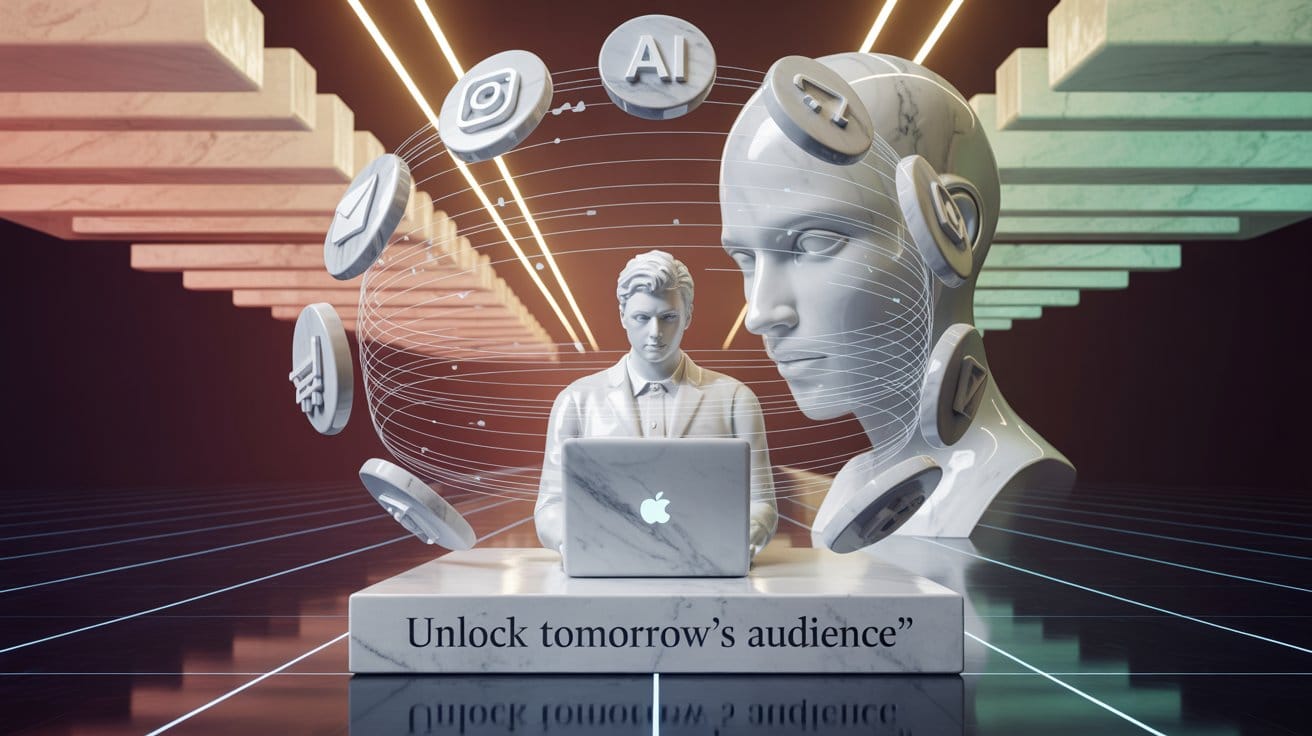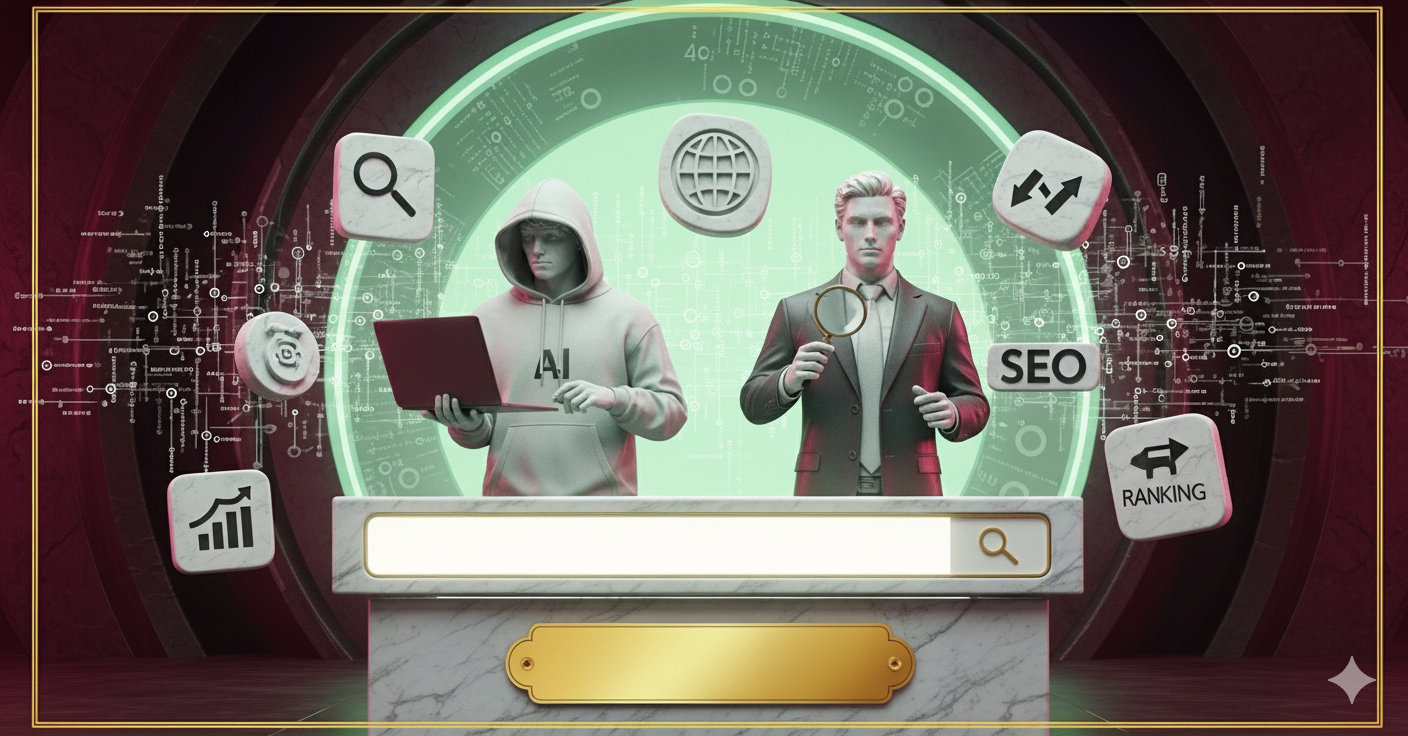Artificial Intelligence (AI) is no longer a buzzword in digital marketing; it’s the backbone of how brands attract, engage, and convert audiences in 2025. From hyper-personalized campaigns to autonomous content creation, AI has reshaped the landscape, offering marketers unprecedented capabilities. Let’s dive into the key ways AI is revolutionizing digital marketing today and where it’s headed next.
1. Hyper-Personalization at Scale
In the past, personalization meant adding a customer’s name to an email. In 2025, AI-driven marketing goes much further, delivering tailored experiences at every touchpoint.
- Predictive behavior modeling: AI analyzes browsing history, purchase data, and even social signals to predict customer intent before they express it.
- Dynamic website personalization: Homepages and product pages adapt in real time, showing each visitor the most relevant offers.
- Email and messaging optimization: AI curates subject lines, copy, and product recommendations based on micro-segmentation of audiences.
This level of personalization not only boosts engagement but also significantly increases conversion rates.
2. Content Creation and Automation
The demand for fresh, relevant content has exploded, and AI tools in 2025 are stepping up to meet it.
- AI copywriting and design: Advanced generative models now create blogs, ad copy, social media posts, and even video scripts that match a brand’s tone and voice.
- Video and image generation: AI tools produce high-quality visuals and short-form video ads in minutes, cutting production costs.
- Content testing: AI automatically generates multiple variations of ads and runs micro-tests before scaling the most effective versions.
This doesn’t eliminate the role of human creativity; it enhances it. Marketers now focus more on strategy, storytelling, and oversight while AI handles execution.
3. Voice and Conversational AI
Voice search and conversational interfaces are now mainstream. Consumers interact with brands through AI-powered chatbots, voice assistants, and messaging apps that operate 24/7.
- Advanced chatbots: Far beyond scripted responses, AI assistants hold natural, contextual conversations, guiding users from inquiry to purchase.
- Voice commerce: Consumers order products, book services, and interact with brands via Alexa, Google Assistant, or in-app voice bots.
- Omnichannel integration: AI ensures consistency in customer conversations across social media, websites, and apps.
For businesses, this means lower support costs and higher customer satisfaction through instant, intelligent service.
4. Smarter Advertising with AI
Digital advertising in 2025 is more efficient than ever, thanks to AI-powered ad optimization.
- Real-time bidding: AI algorithms make lightning-fast ad placement decisions, targeting the right audience at the right time.
- Creative optimization: Ads adapt automatically, swapping images, text, and CTAs to maximize performance.
- Fraud detection: AI identifies suspicious clicks and fake impressions, ensuring better ROI.
Marketers no longer waste time on manual campaign tweaks; AI handles continuous optimization.
5. Predictive Analytics for Decision-Making
Data is the foundation of digital marketing, but AI transforms data into actionable foresight.
- Customer lifetime value prediction: AI models forecast which customers will become high-value buyers, helping allocate budgets more effectively.
- Churn prediction: Brands detect early signs of customer disengagement and trigger retention campaigns.
- Trend forecasting: AI scans global social chatter, news, and search data to spot emerging trends before competitors.
This allows brands to stay proactive instead of reactive, anticipating market shifts with precision.
6. Ethical AI and Data Privacy
With great power comes responsibility. In 2025, consumers are more aware of data privacy, and regulations have grown stricter. Marketers are adopting ethical AI practices to build trust.
- Transparent personalization: Brands openly communicate how AI uses customer data.
- Bias reduction: AI models are audited to minimize discriminatory outputs.
- Privacy-first marketing: AI helps anonymize and secure customer data, ensuring compliance with evolving global privacy laws.
Ethical AI isn’t just compliance; it’s a competitive advantage. Brands that prioritize it gain customer loyalty.
7. The Future: Autonomous Marketing Systems
We’re entering the age of self-driving marketing platforms. These AI systems manage campaigns from start to finish: planning, execution, optimization, and reporting, all without human intervention.
Marketers act more like conductors, overseeing AI-driven campaigns while focusing on innovation, creative direction, and brand building.
Final Thoughts
In 2025, AI is not replacing digital marketers; it’s transforming their role. By automating repetitive tasks, enhancing personalization, and delivering deep insights, AI frees up marketers to do what humans do best: innovate and connect emotionally with audiences.
The revolution is well underway, and those who embrace AI will not only stay ahead but redefine the very future of digital marketing.
Wunderkint + AI is redefining digital marketing. Start building campaigns that convert, engage, and inspire today. Embrace AI today and stay ahead in 2025 and beyond. Let’s build smarter campaigns together.







